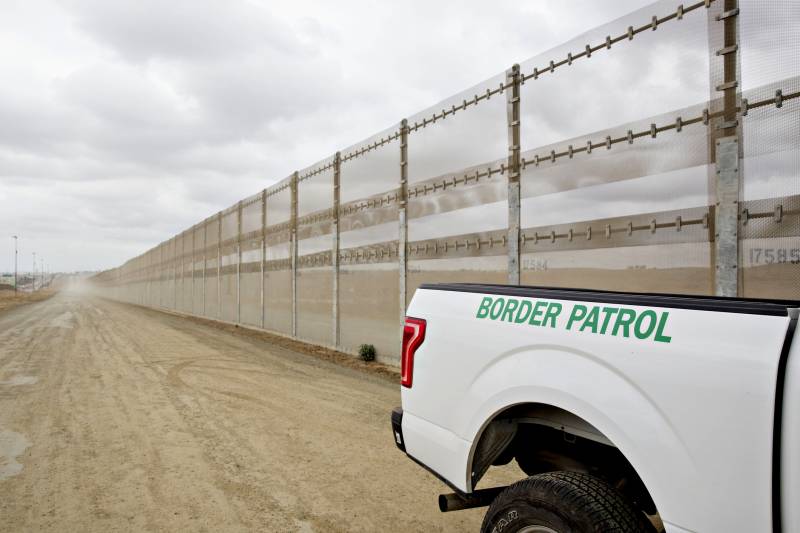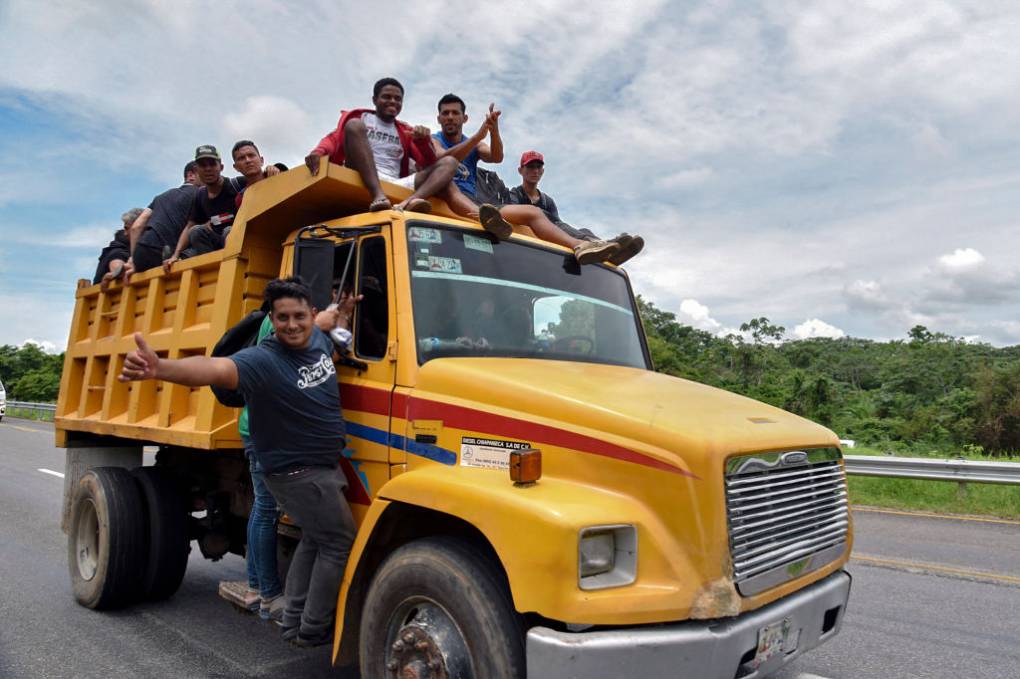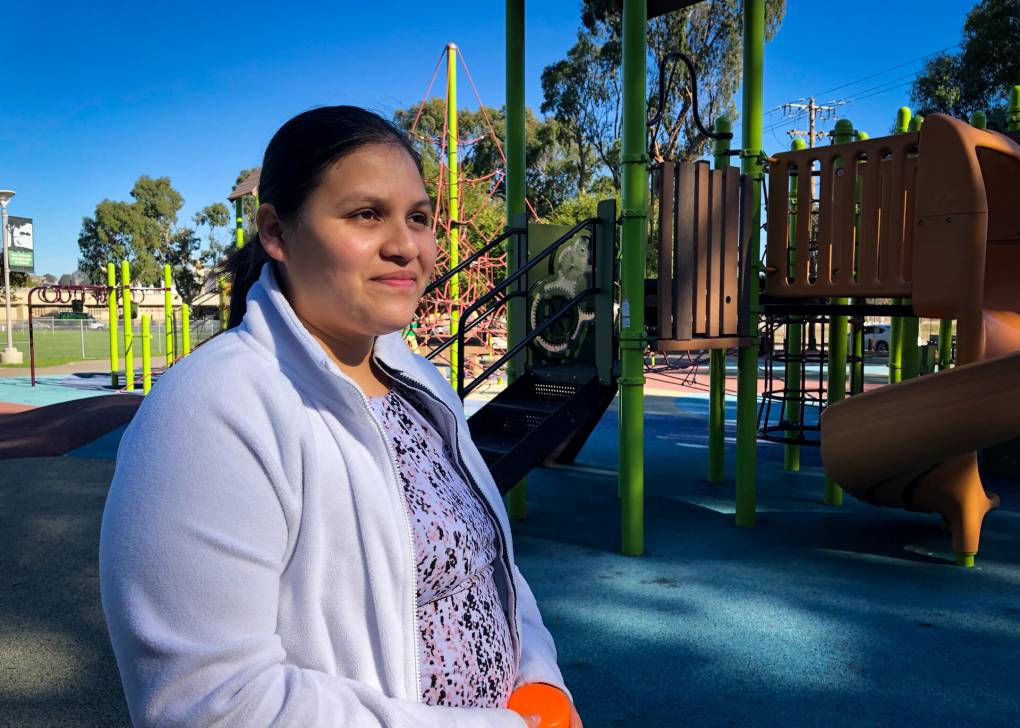No one disputes that the Border Patrol is woefully ill-equipped for processing — even while Title 42 kept a lid on numbers.
The Border Patrol paroled nearly 450,000 migrants in the United States through October — including 68,837 in October and 95,191 in September — sparing its agents the time-consuming work of issuing orders to appear in immigration court. According to a Government Accountability Office report, it typically takes at least two hours to prepare a court case, compared to a half-hour to release someone on parole.
Migrants paroled by Border Patrol agents are allowed to move freely within the United States and told to report to U.S. Immigration and Customs Enforcement offices at their final destinations, typically in two months.
The GAO report, released in September, details how the processing work dumped on ICE has hamstrung employees. As of March, ICE scheduled 15,100 appointments for families to complete processing as far out as March 2024. One ICE office reported up to 500 people a day showing up in person, most without appointments.
After families get a court appearance, they contend with a court system that is backlogged by more than 2 million cases, resulting in waits of several years for judges to reach decisions.
Waiting two years just to get on the court docket reflects a “totally collapsed” system, said Theresa Cardinal Brown, managing director of immigration and cross-border policy for the Bipartisan Policy Center.
Online registration using CBP One would be “antithetical to the whole concept of asylum” because it could force people to wait in unsafe places, said Melissa Crow, litigation director for the Center for Gender and Refugee Studies at the University of California Hastings College of the Law.
Crow and others believe CBP could process far more people than they have been.
Earlier this year, the agency processed up to about 1,000 Ukrainians a day at San Diego’s San Ysidro border crossing, about three times its custody capacity.
Since the pandemic, migrants released in San Diego have been housed in motels until leaving, usually on a flight to family and friends east of the Mississippi River, Clark said. To prepare for the end of Title 42, Jewish Family Service opened a building for families to snack, watch television and play in a courtyard after they book travel, freeing up motel rooms for new arrivals. Clark likens it to an “airport lounge.”
CBP has been releasing more migrants to Jewish Family Service through exemptions to the asylum limits — about 200 to 250 a day, Clark said. Others are housed by the Catholic Charities Diocese of San Diego.
“It’s a day we’ve been working toward for some time,” Clark said Monday, having heard nothing from CBP about how migrants will be processed after asylum limits end. She anticipates more releases but doesn’t know how many.



